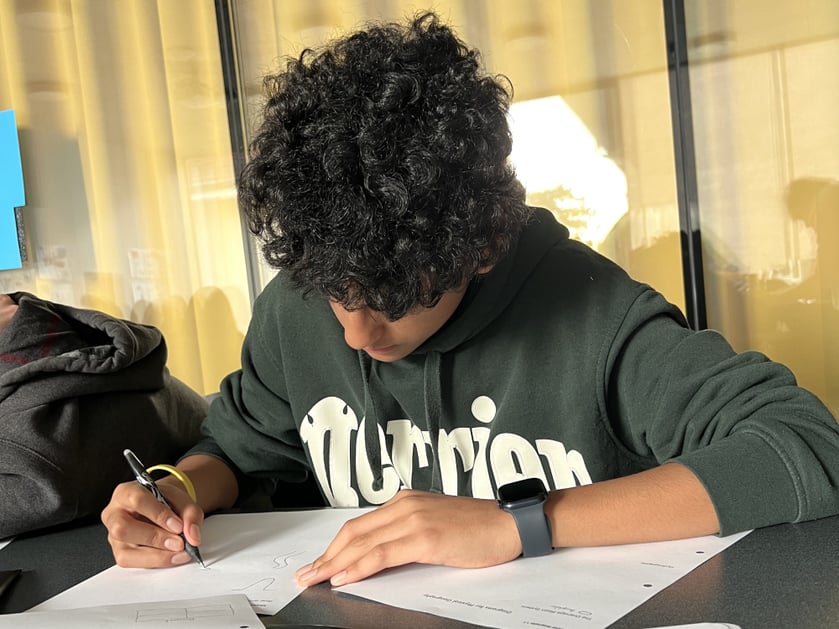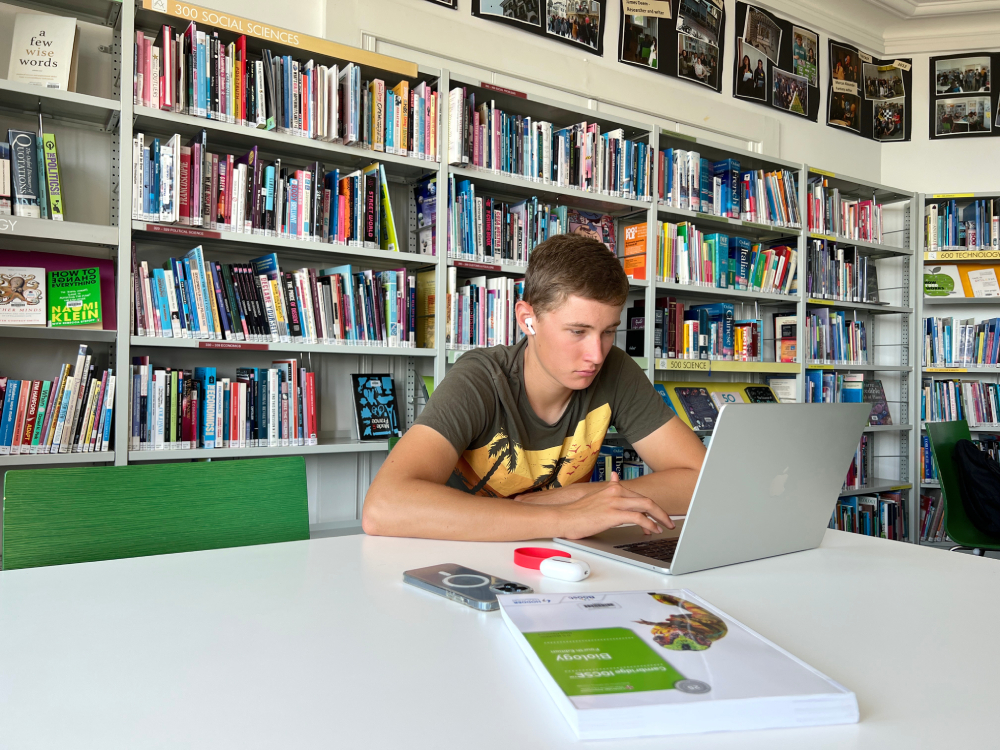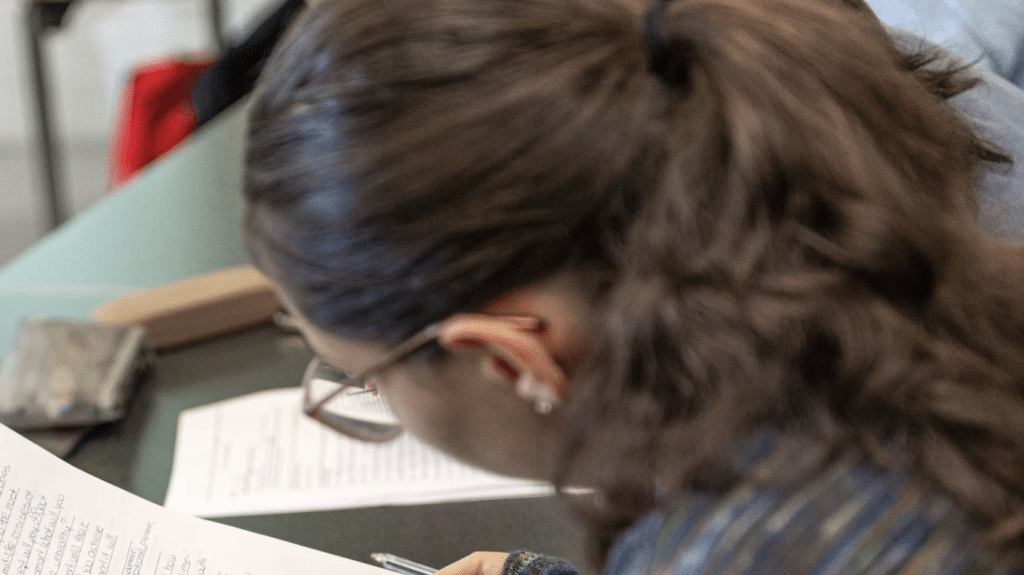By Sarah Frei, Brillantmont International School
If you have a child who is finishing 10th grade this academic year and will soon be starting A Levels, then you’re going to want to know what you should expect. Will an increased workload mean more stress for your child? Will your child cope?
The transition
The transition from 10th grade and the jump up from IGCSE to A Levels is huge and you should be prepared for your child’s learning to take on a new lease of life. There may be some low grades initially for even the strongest IGCSE student until they familiar with the rigours of A Level. This adjustment may be quite daunting for many new A Level students and here at Brillantmont, we try to prepare students for this step-up to the next level in their learning. Even though they will have dropped many subjects to focus on their chosen subjects (min. 3) in more depth, they will have to adhere to more deadlines, more autonomous and independent learning and a deeper level of critical thinking. This may initially prove challenging.
However, starting A Levels can also be an exciting time for your child. To start with, your child has chosen subjects that they love to study, which means that they can put all their academic time and energy into areas they love.

What your child will love about A Levels?
Increased independence
Studying for A Levels gives your child far more independence in their learning. That’s normal as the next stop after A Level is university! As A Levels are more advanced, it means your child will undertake more independent study, reading around and digging deep into the subjects. Your child must assume greater responsibility when it comes to studying.
Specialising in the subjects your child loves
Up until the end of 10th Grade, most students study a broad range of subjects because it is important not to specialise too soon. However, as students mature and develop interest in particular subjects, those least enjoyed can be dropped. Although three subjects are needed to access university (pending results), students at Brillantmont usually take four A Levels, or may take another class, like a language or art, enabling students to maintain a certain breadth.
Critical thinking and analysis
Critical thinking and analysis are key at A Level and make the difference between a high or a low grade. Your child will develop analytical skills and learn how to evaluate and identify arguments, particularly in languages / humanities. These skills will help them in later life in their university life and when they step on the career ladder. Indeed, A Levels are very attractive as a qualification and recognised all over the world.

What your child may not like about A Levels
Rigorous academic demands
A Levels are very rigorous. Some people argue that they are easier than the IB exam. This is simply not true. A Levels require a much deeper demonstration of knowledge than IB. In fact, returning students often comment how easy their first year at university was, since the content was already covered in their A Level classes! Even though the number of subjects has decreased, it certainly doesn’t mean the amount of work has!
Your child’s teachers will also expect more from them. They will have to study far more complex subjects and theories. Your child may need a little more time to wrap their heads around any new work and the expectations thereof.
Advanced level of writing and research
Your child will need to produce a higher level of work to keep up with the demands of A Levels. Essays should be more in-depth and show a precise understanding of the subject: referencing should also be exercised in every piece of work. Your child should be able to present well-researched arguments with sufficient evidence to back up their views.

Exam-based
There’s no getting around it – A Levels are exam-based and whilst re-takes are possible, the exam season will be a challenging and stressful time for your child. University entrance depends on their grades and this can add a supplementary level of stress. Brillantmont provides exam strategies and revision techniques, as well as supporting students in their well-being, key to keeping a sense of perspective. As a parent, you will also need to support them through any tough times. The step up to successful A Levels is huge, but with the right support, it won’t be long until your child is thriving and able to overcome most challenges thrown their way.
Brillantmont is the only school in the Lausanne region offering A Levels. We have been committed to them for over 80 years and our track record of university entrance speaks for itself.
You may like to hear what our Head of Academics Mr Victor McClean has to say about A Levels.
Brillantmont International School in Lausanne, Switzerland
Founded in 1882, Brillantmont International School is the oldest family owned and run boarding school in Switzerland, which offers a warm welcoming environment. Brillantmont has the best of both worlds – close to the amenities of the beautiful city of Lausanne, but just minutes from mountains, lakes and nature.
The school welcomes boarding and day students, aged 13-18 (Grades 8-12) from many different nationalities. Small classes (av. 9) lead to internationally recognised examinations (British IGCSE, A Level; High School Diploma ).









